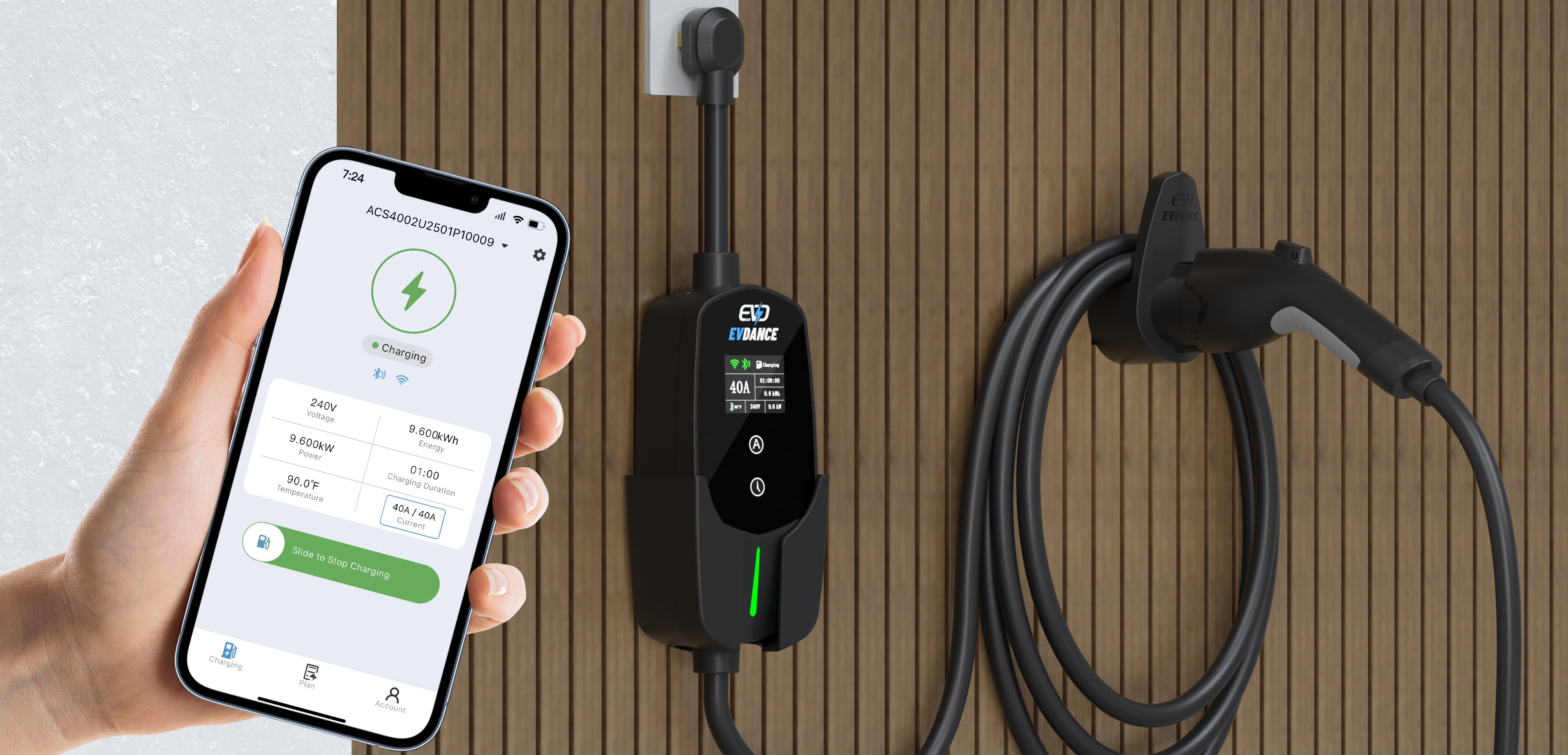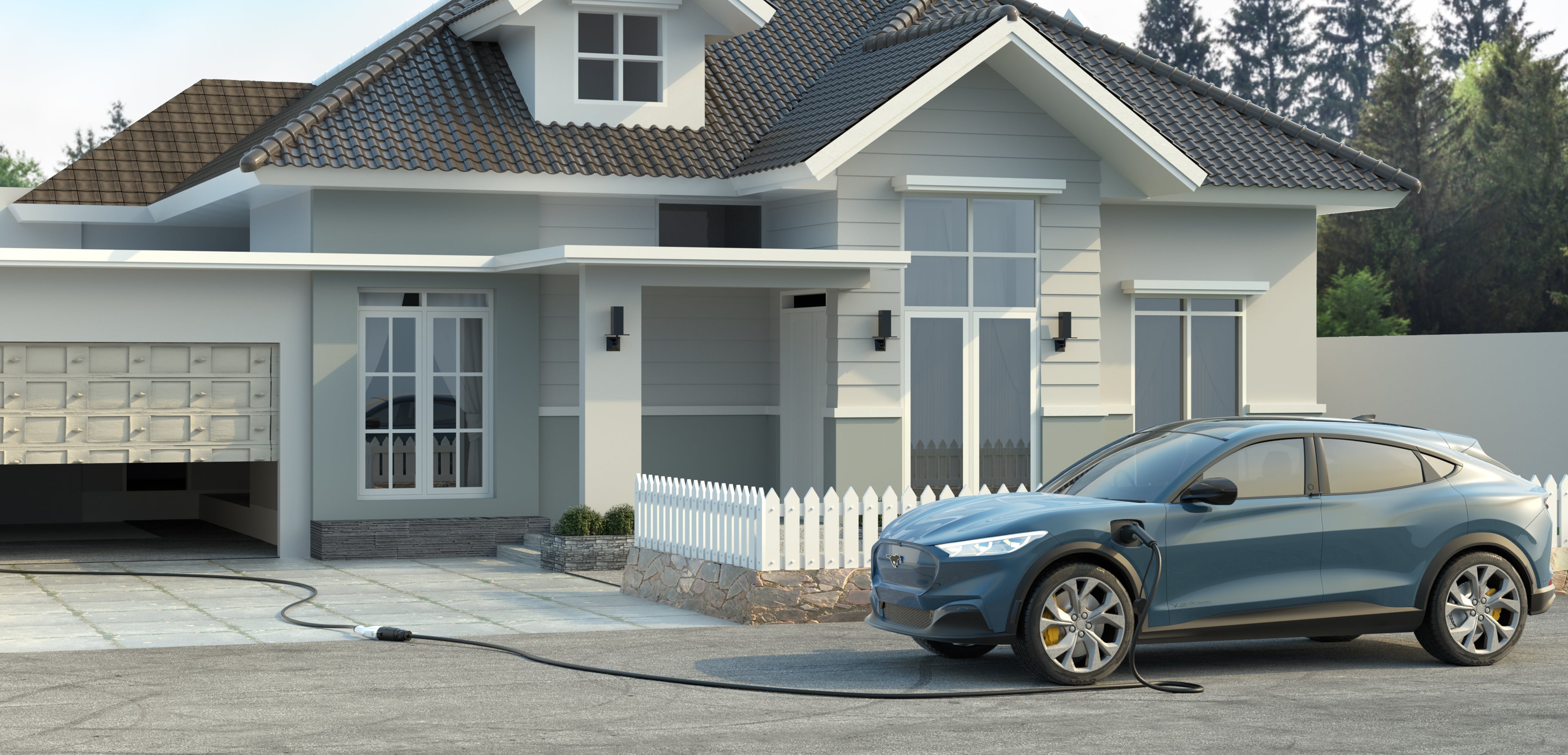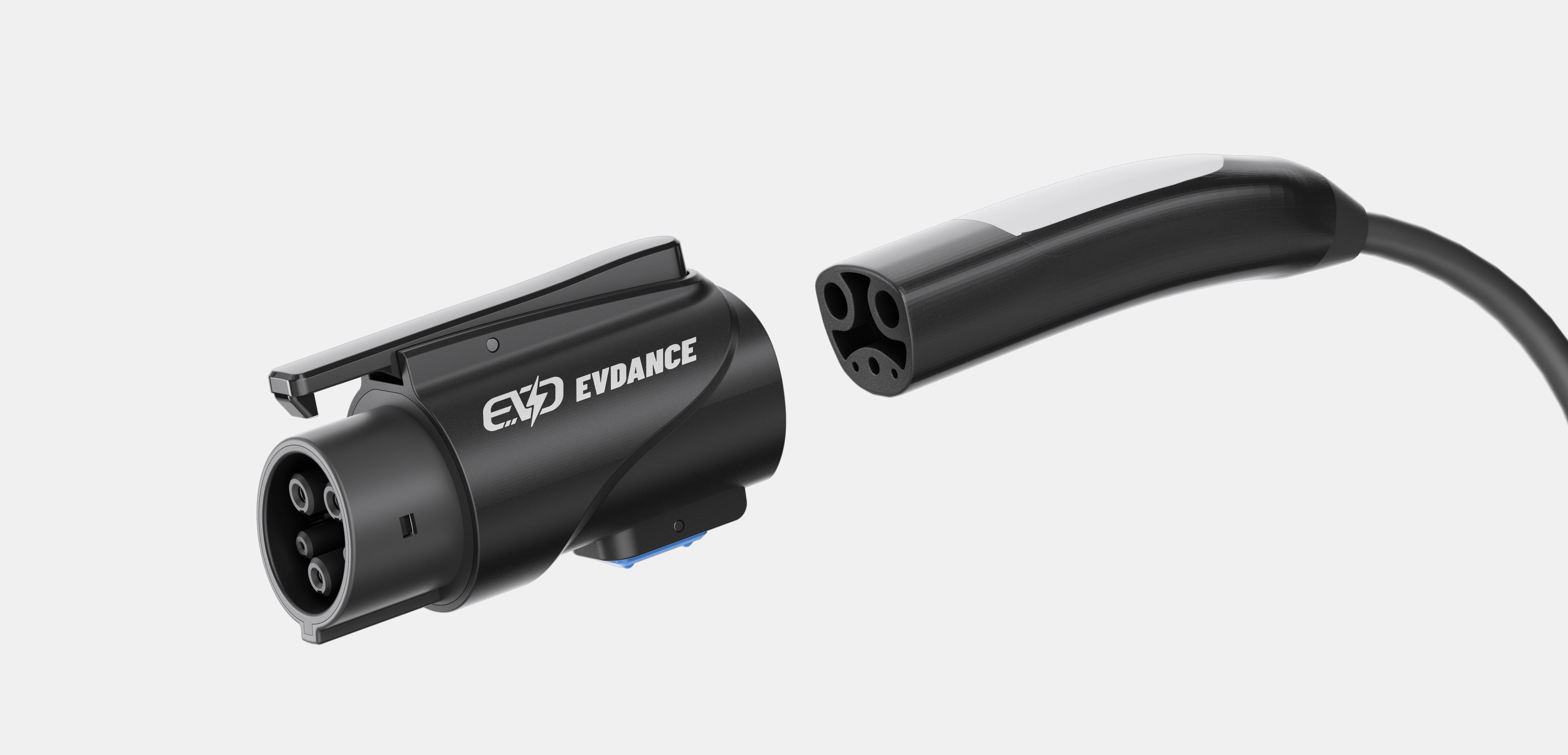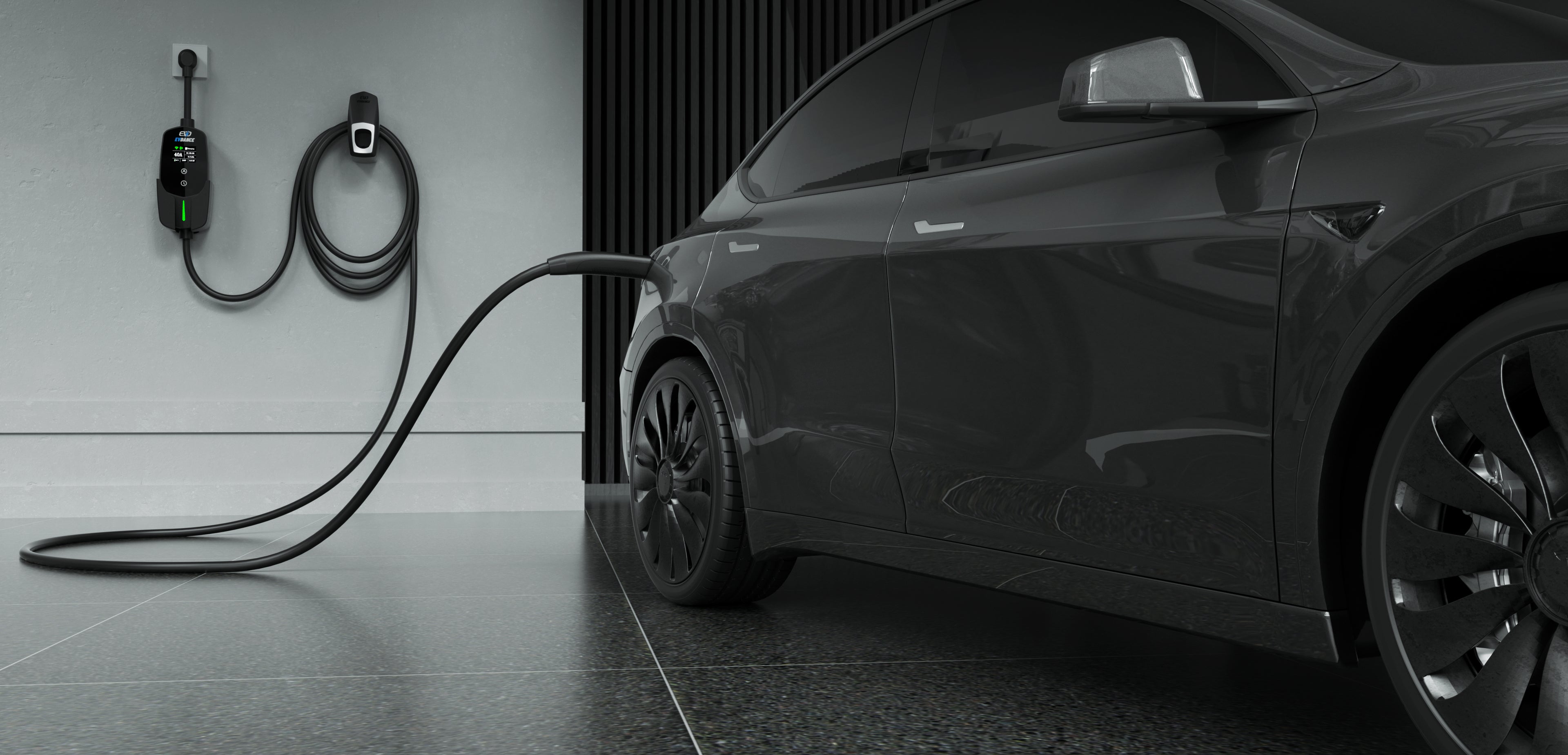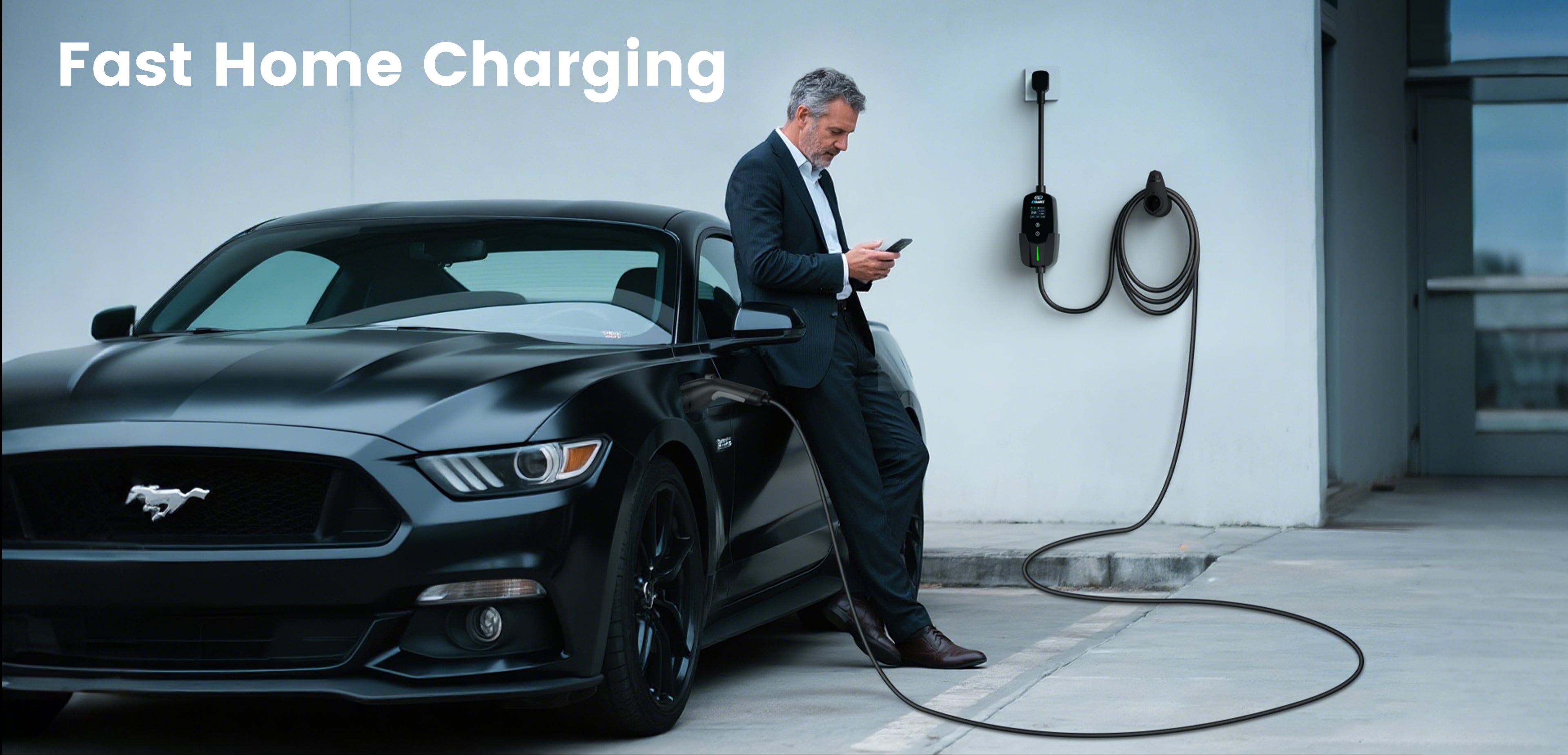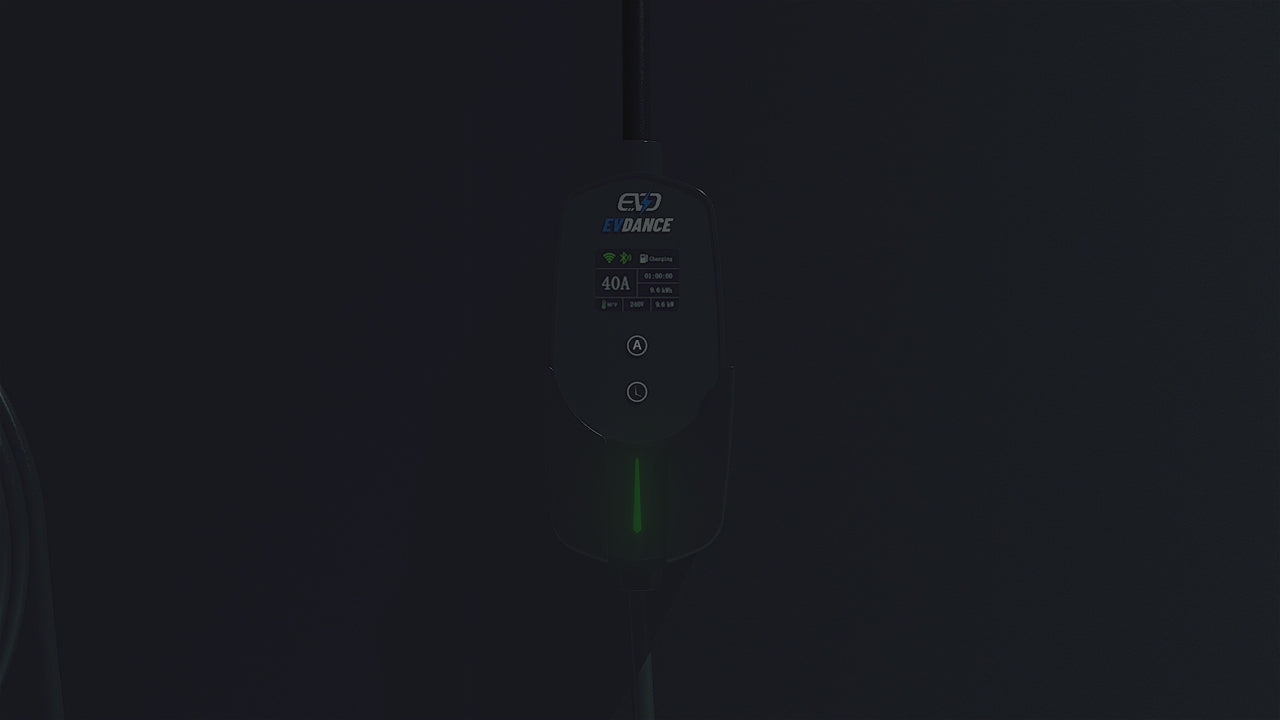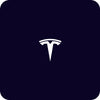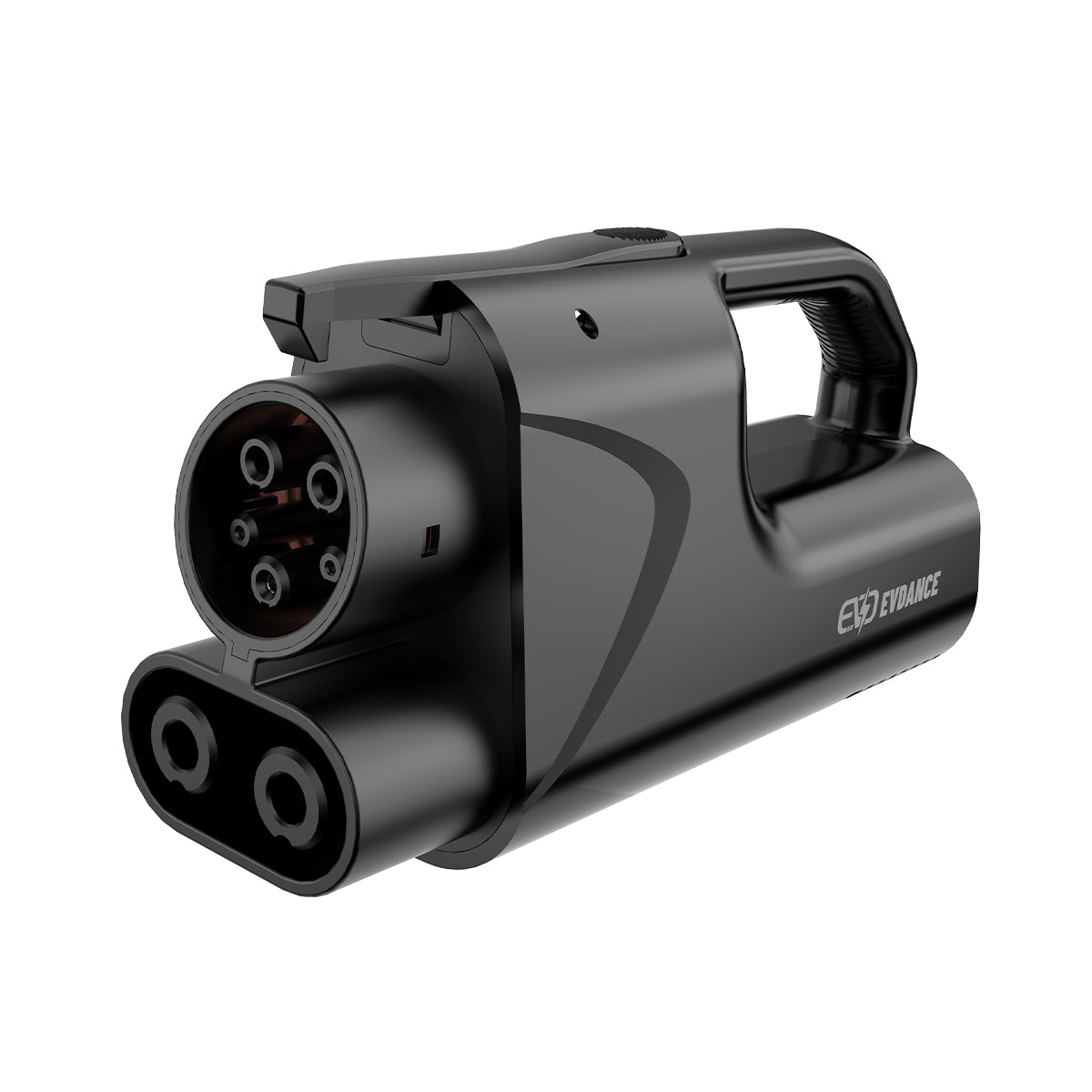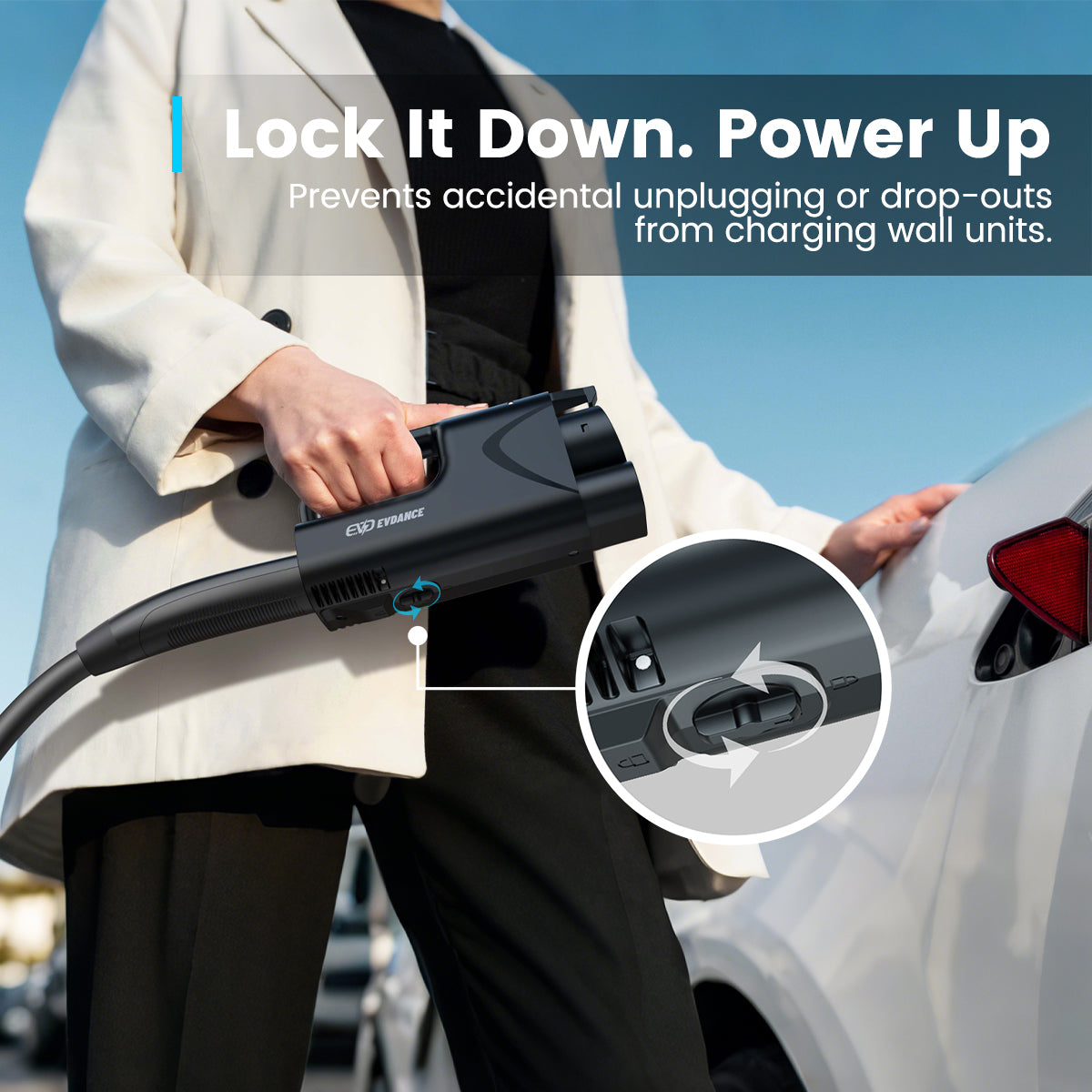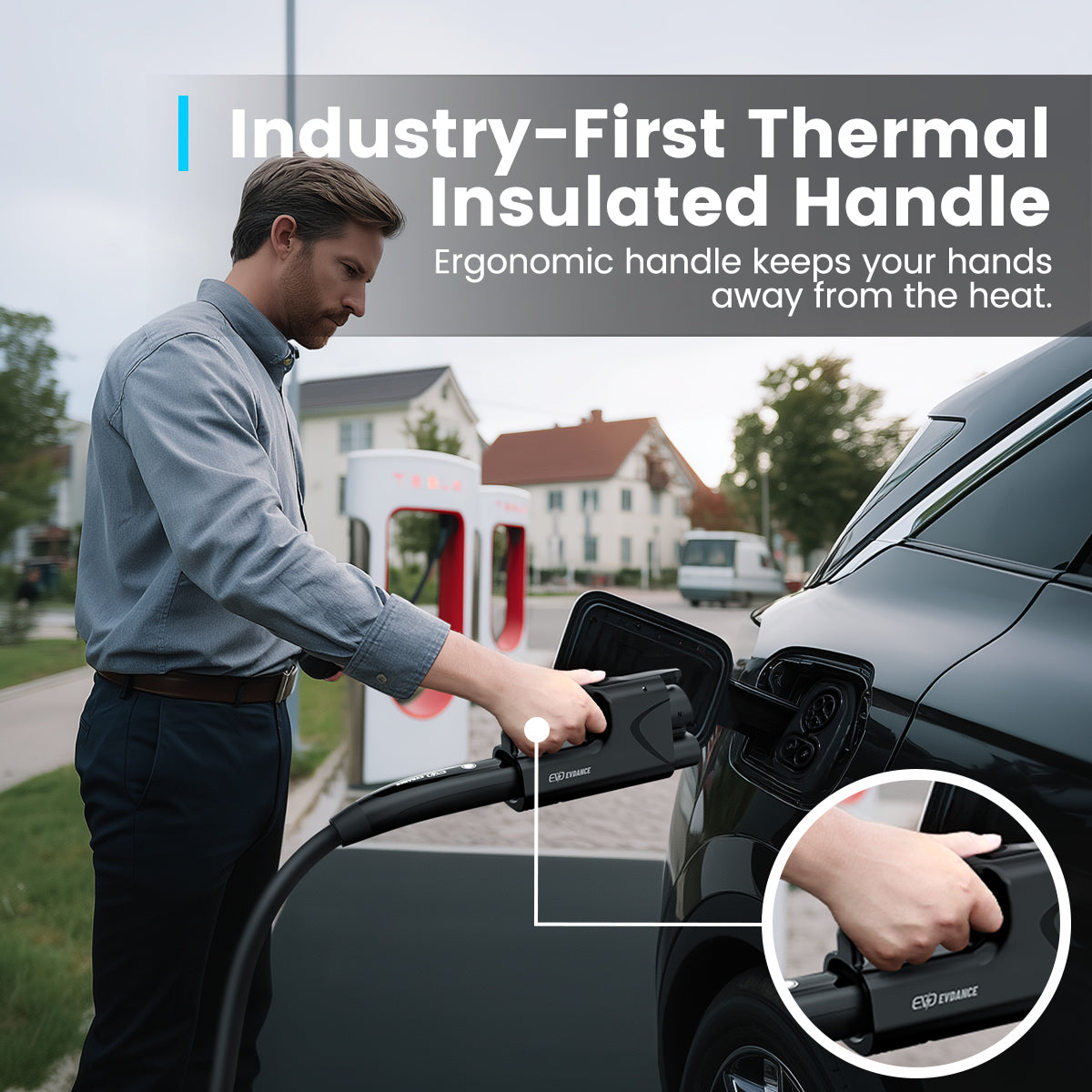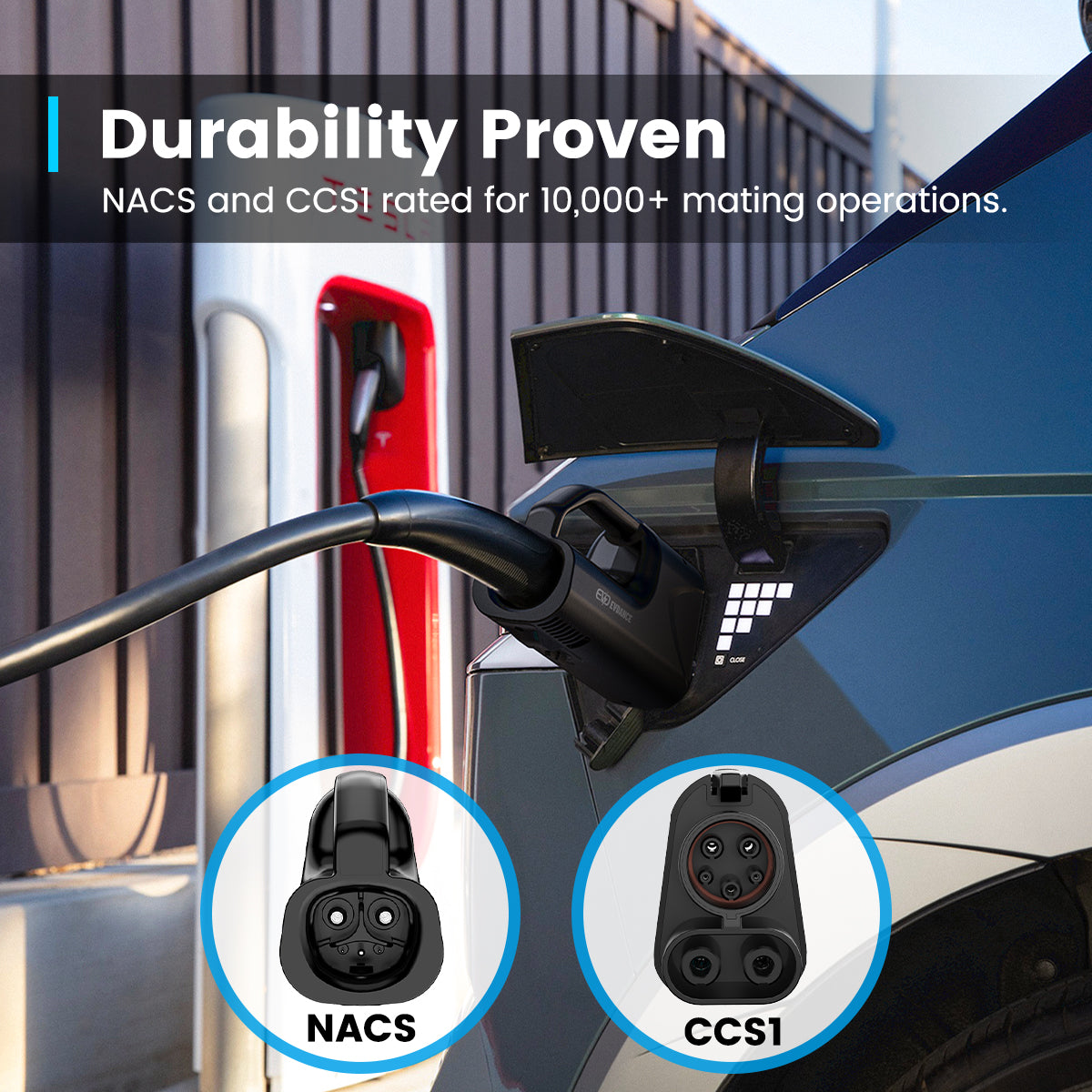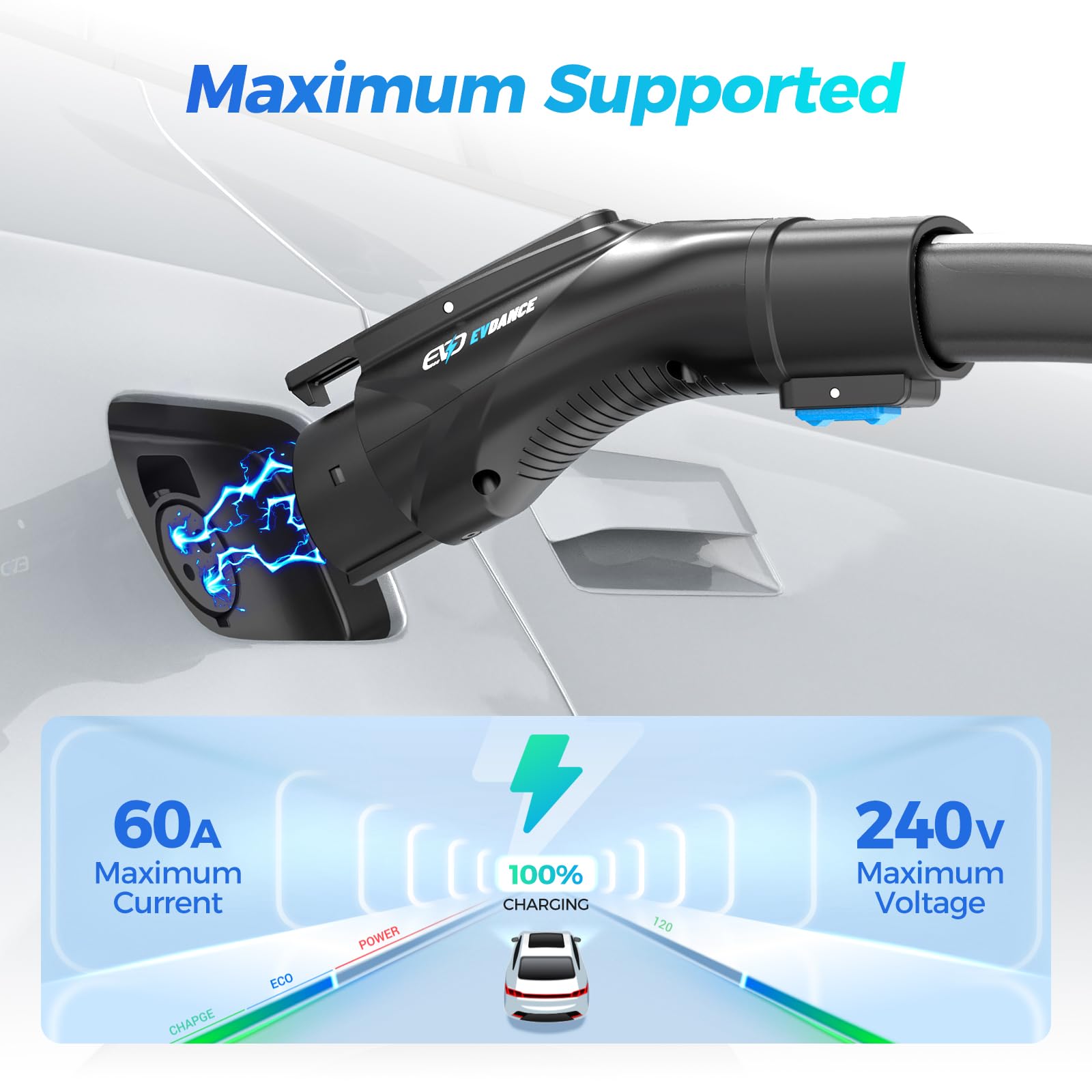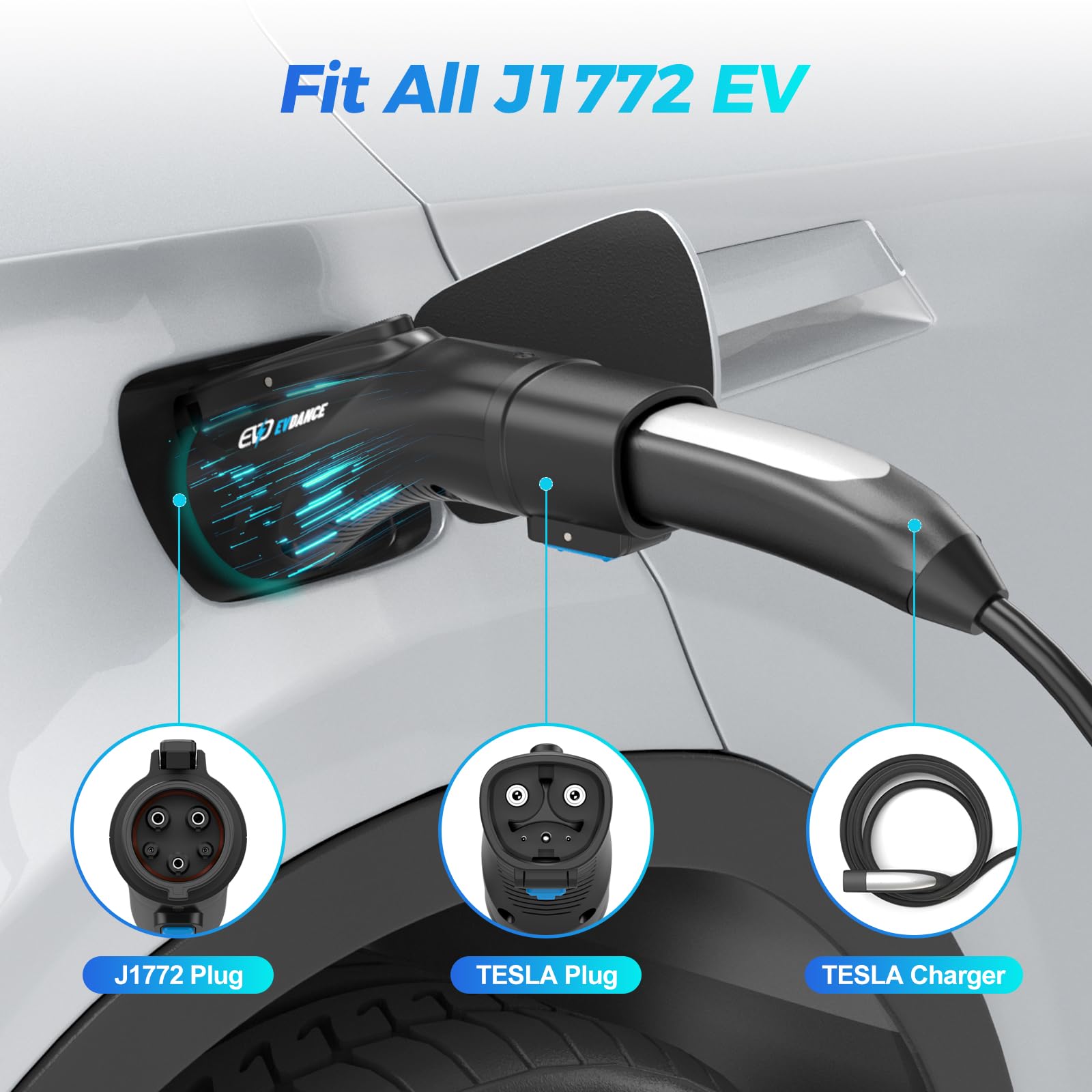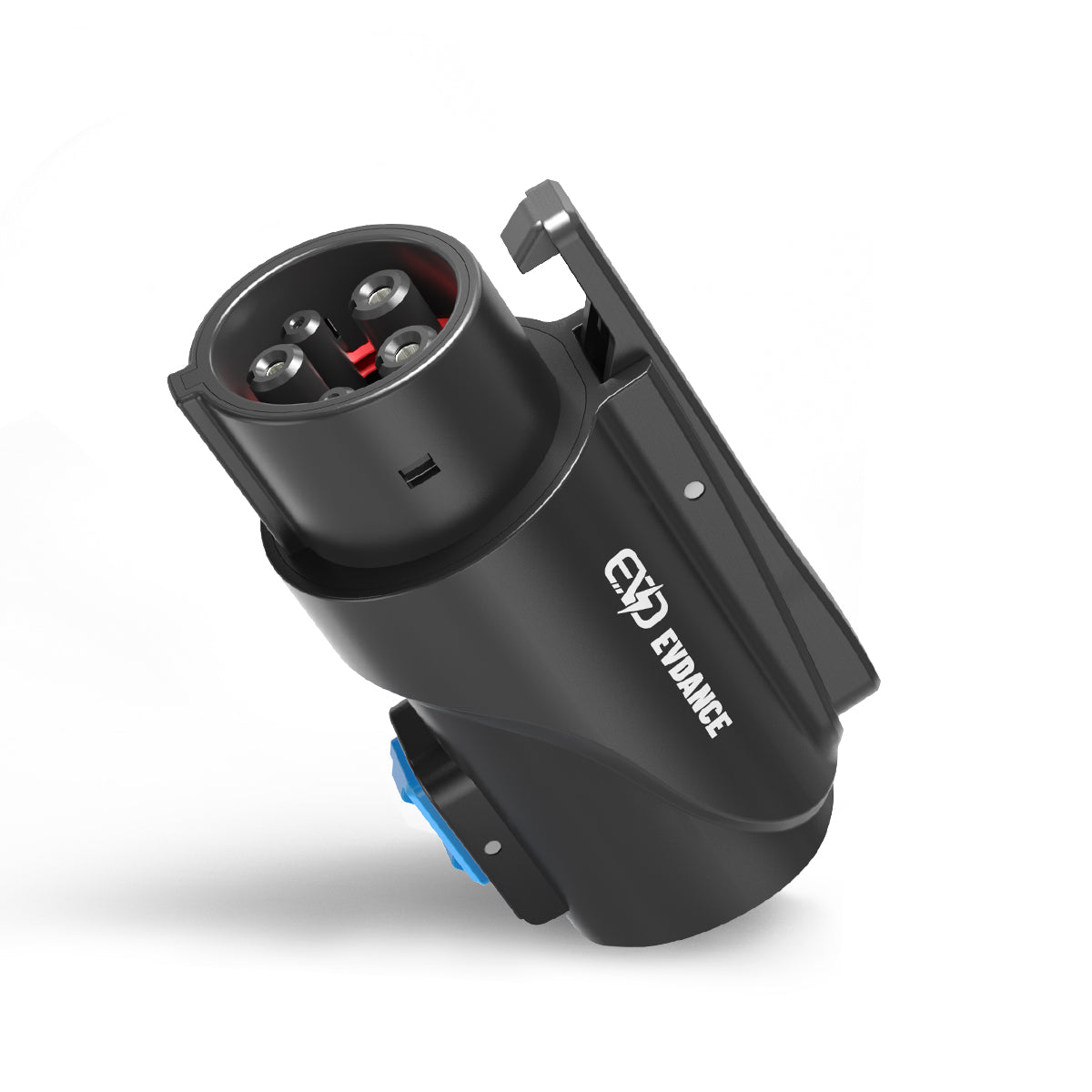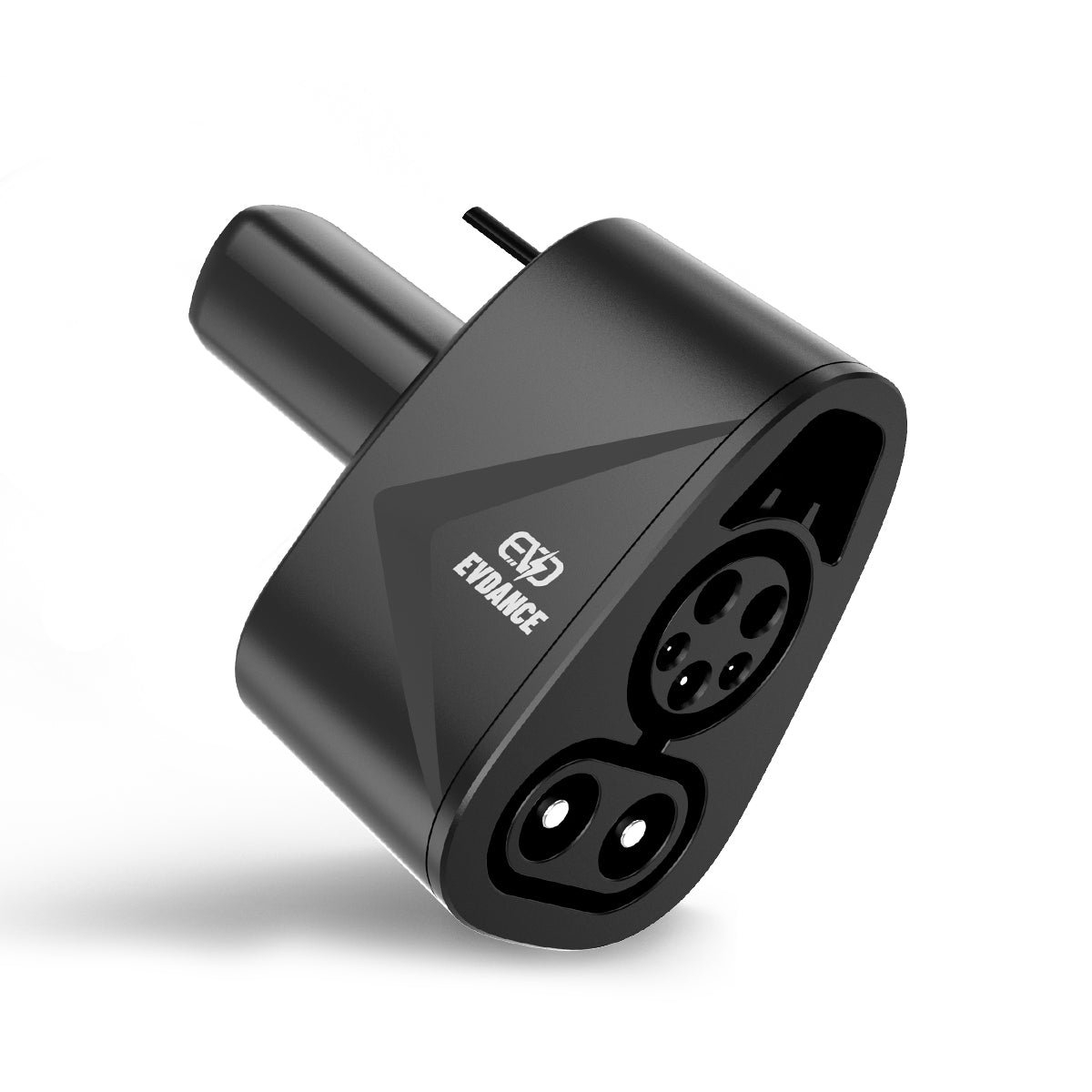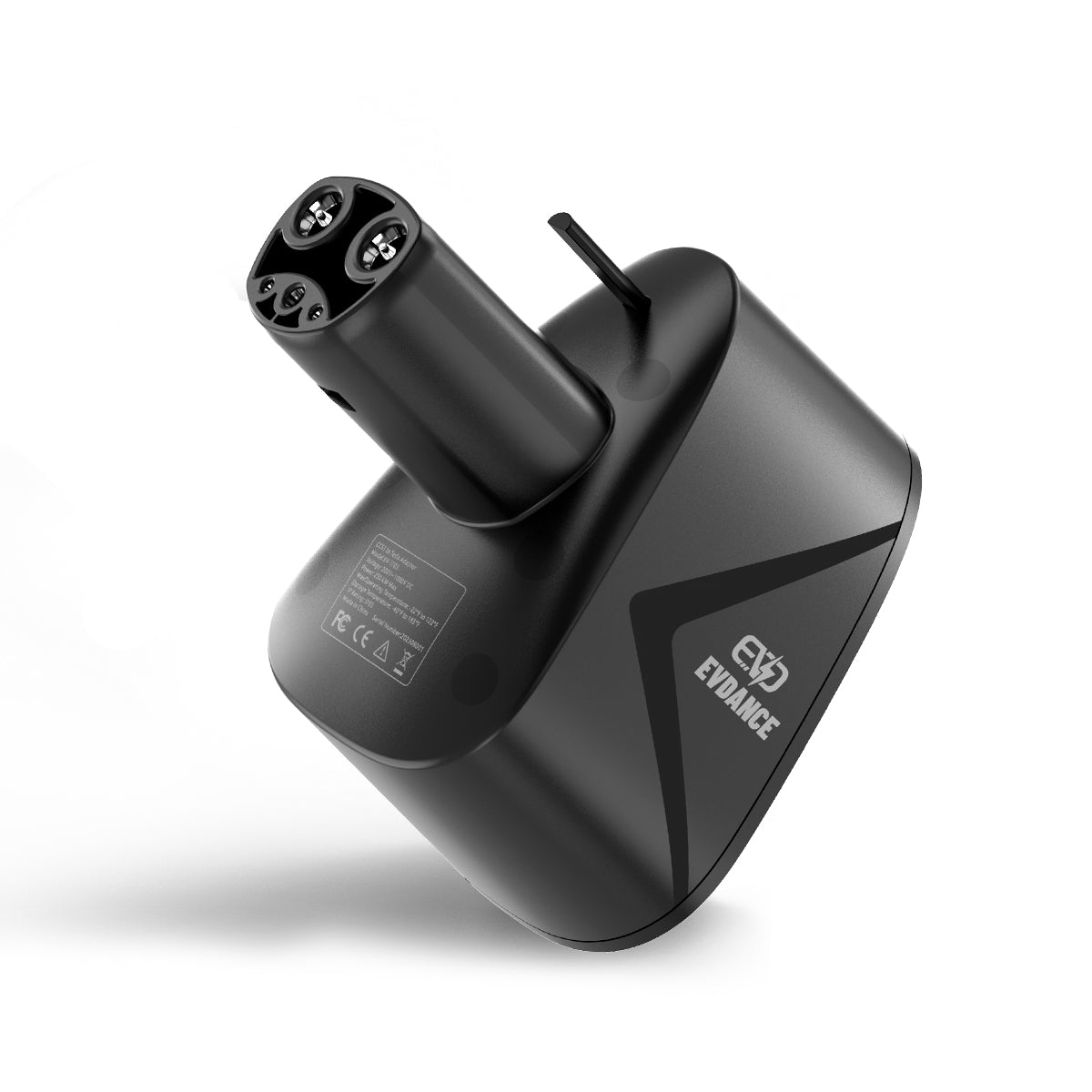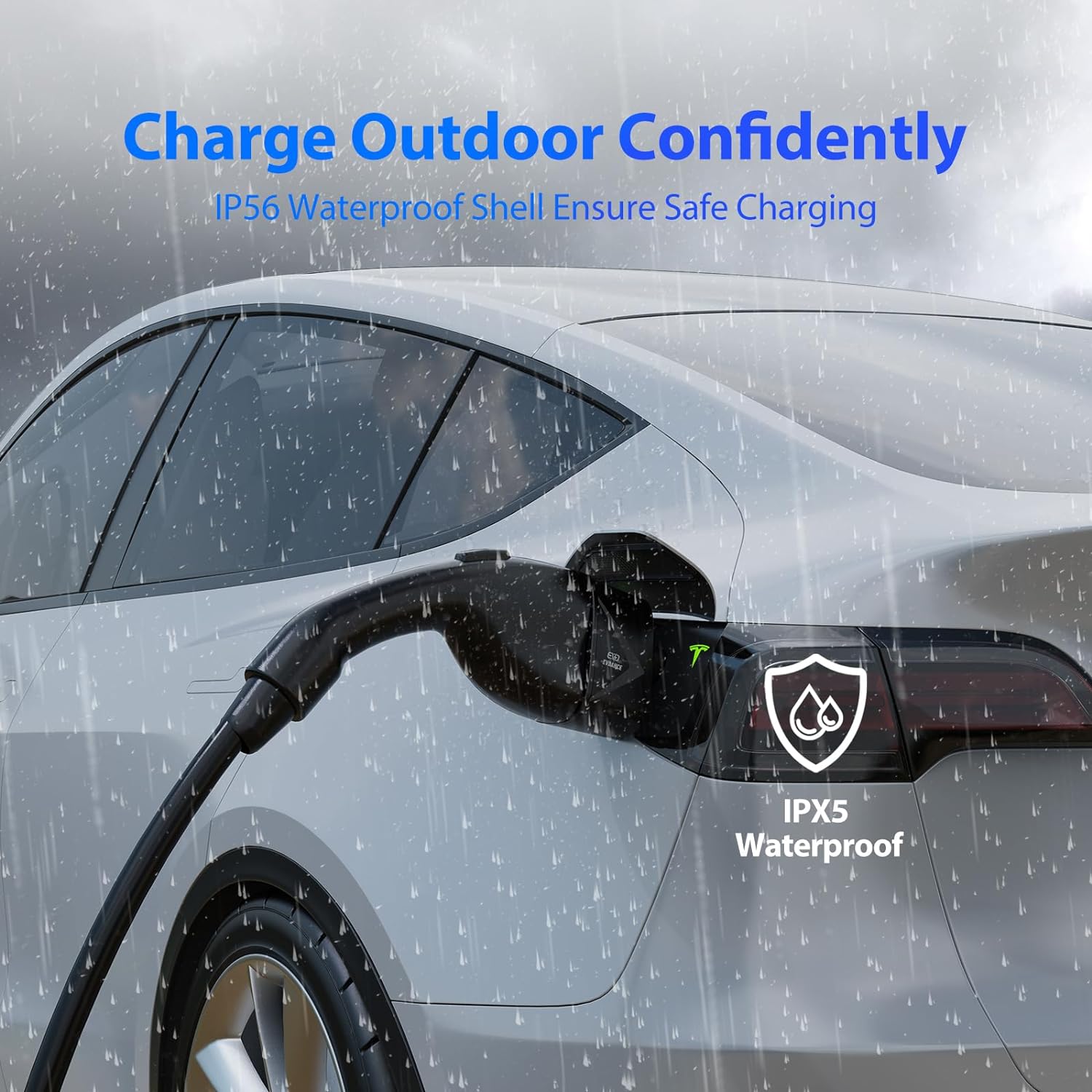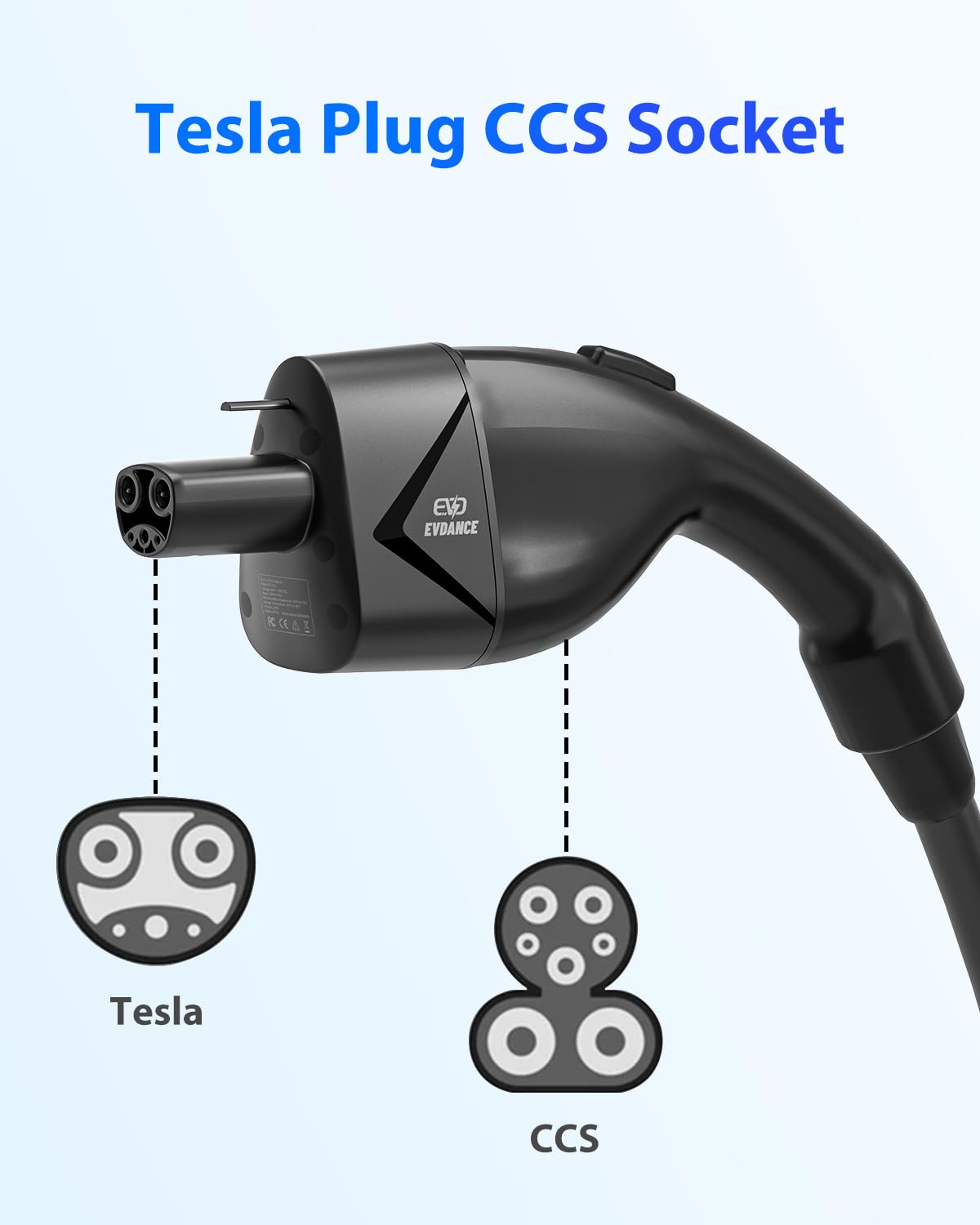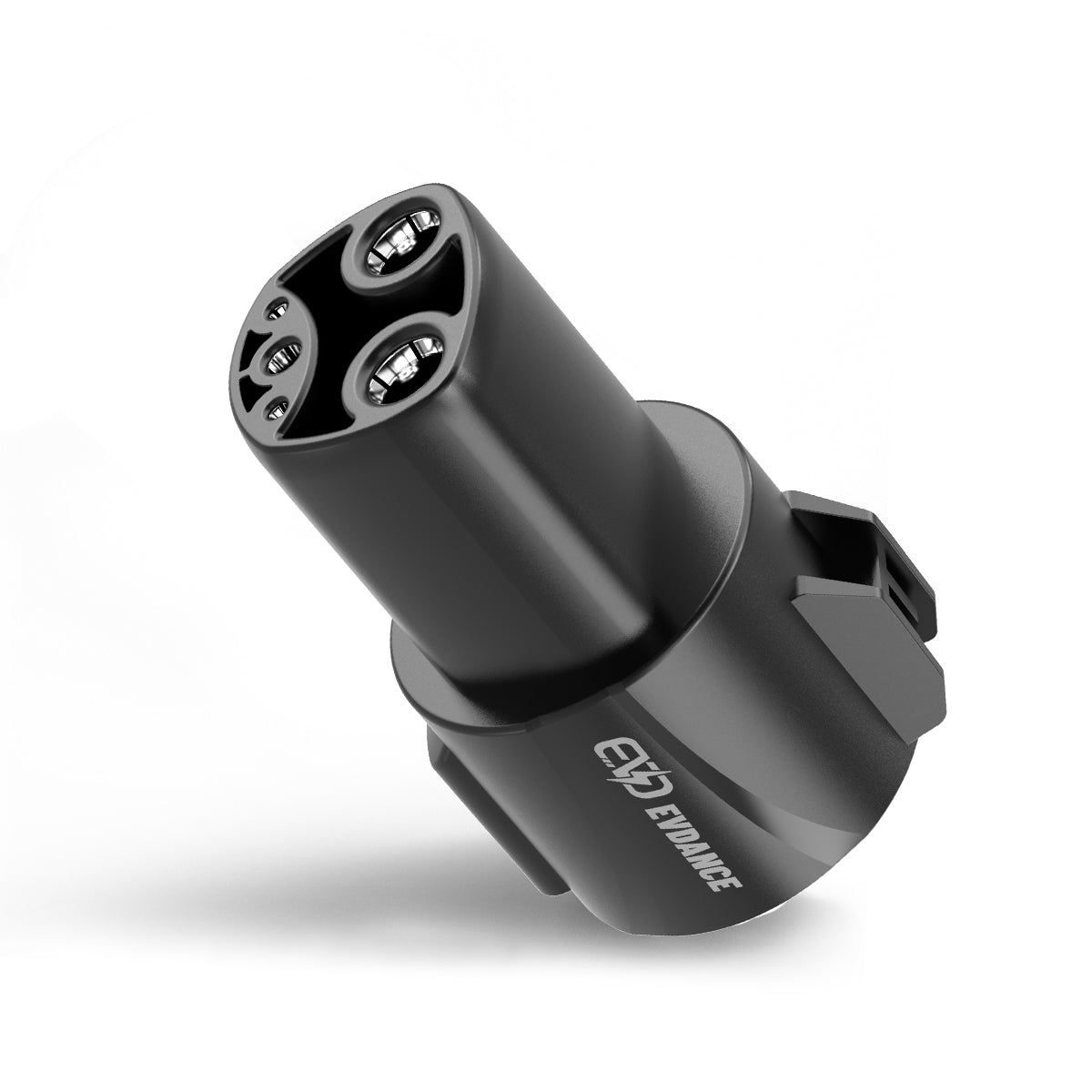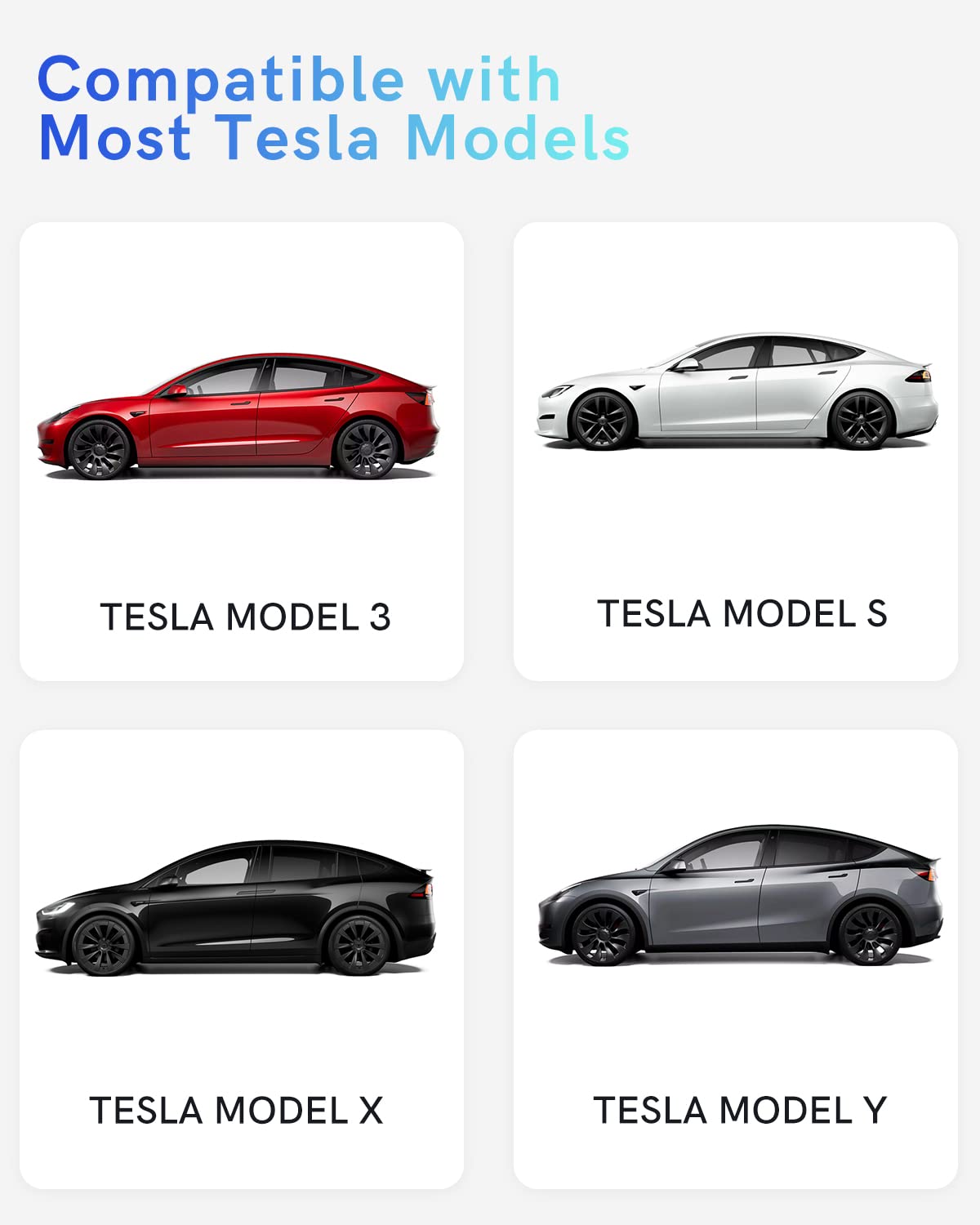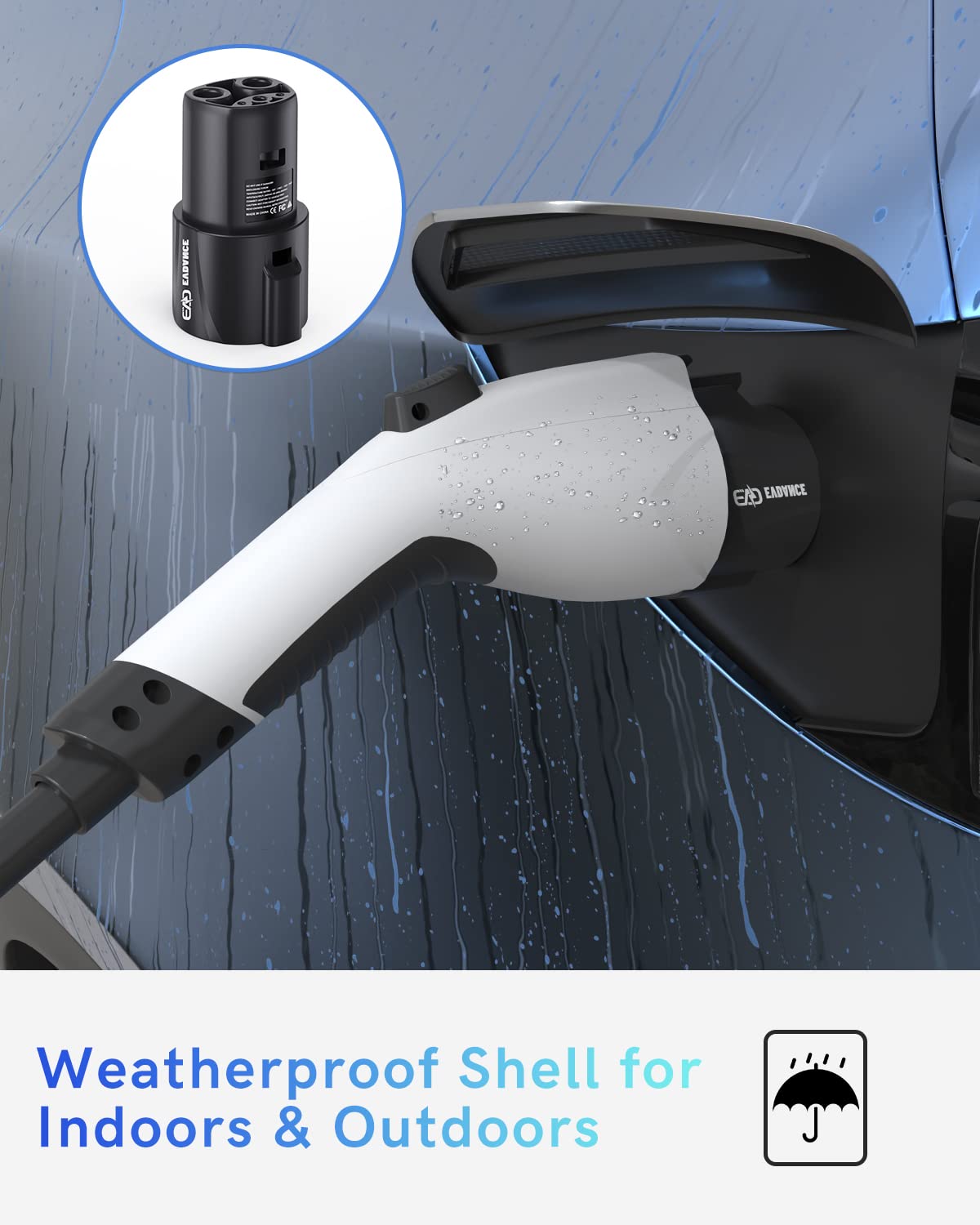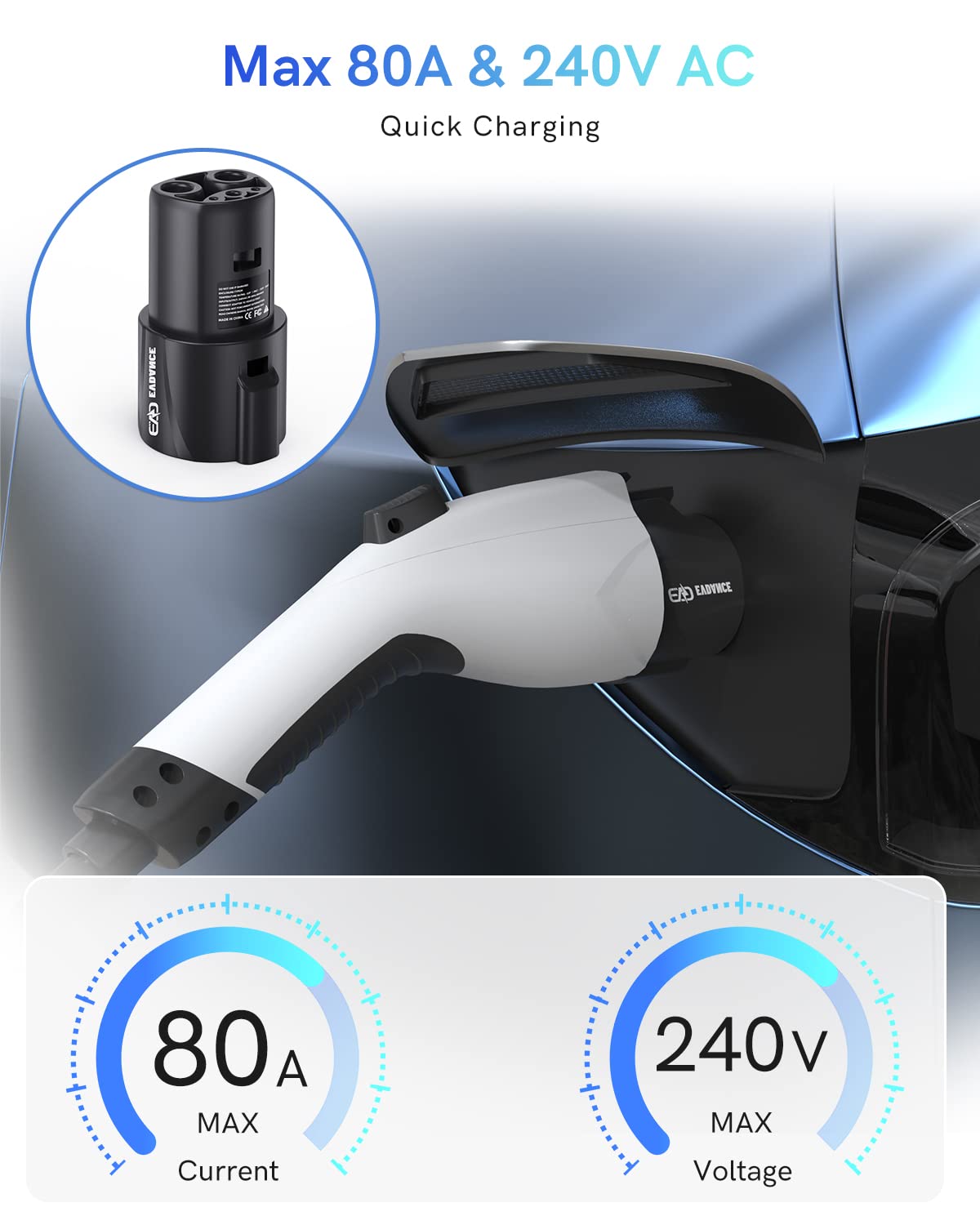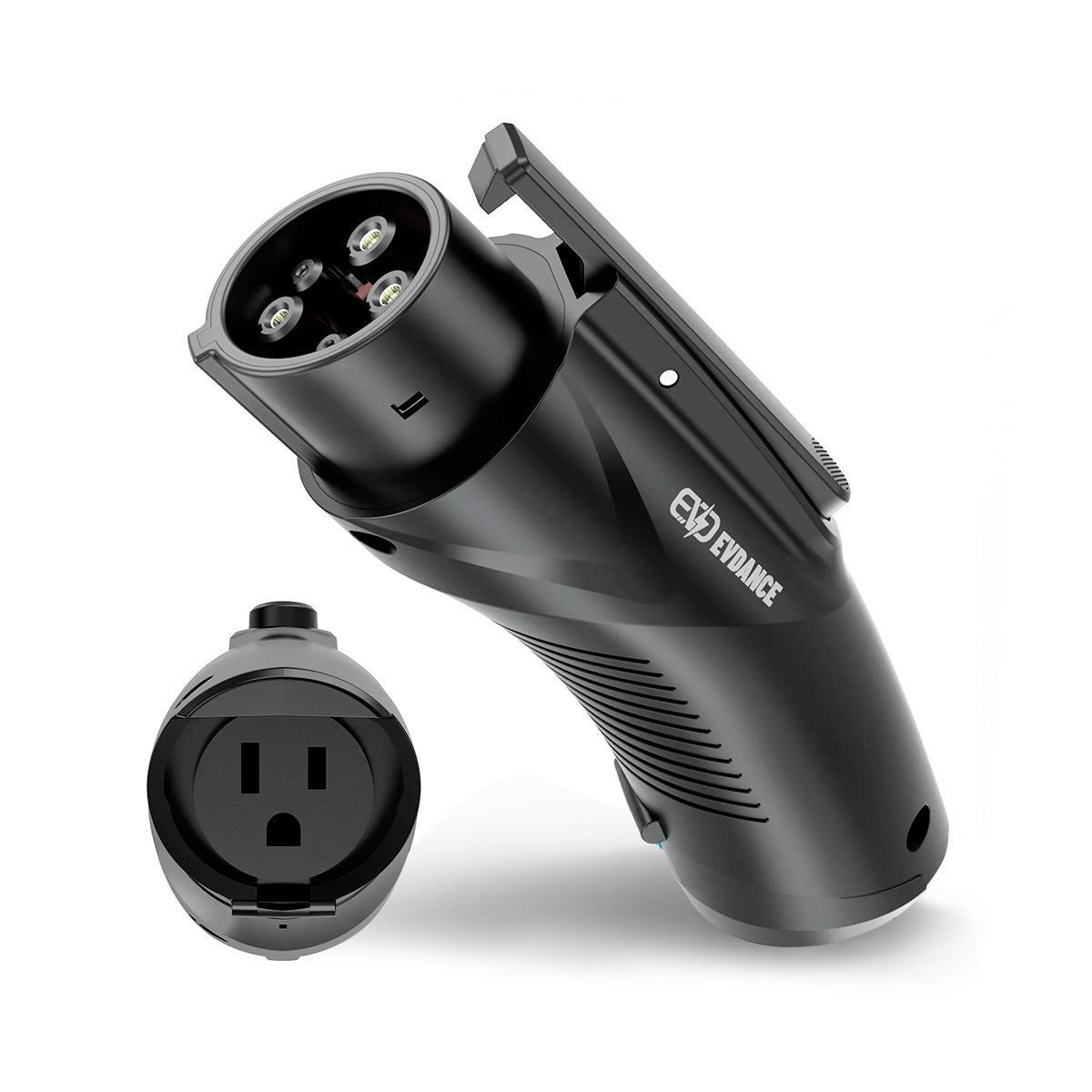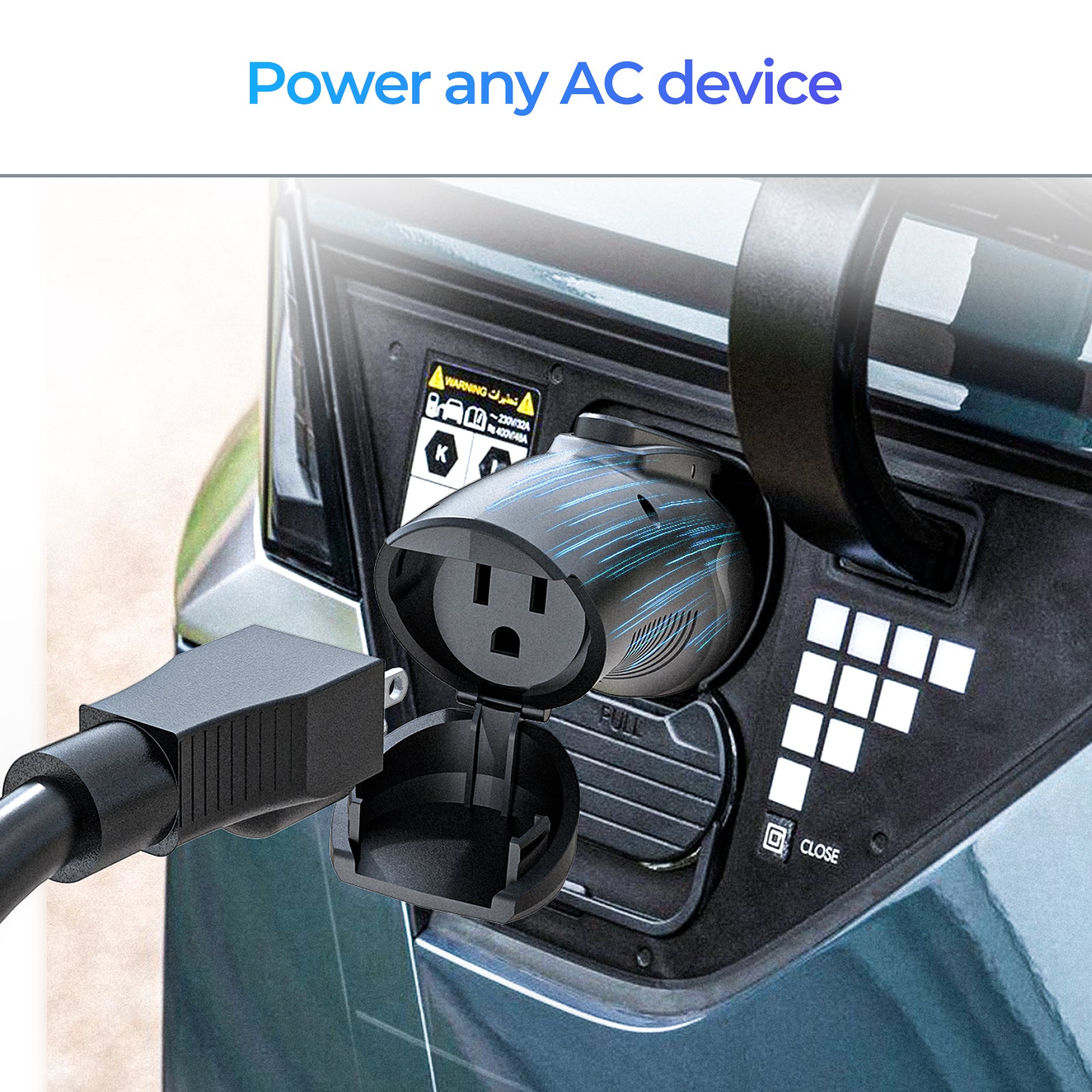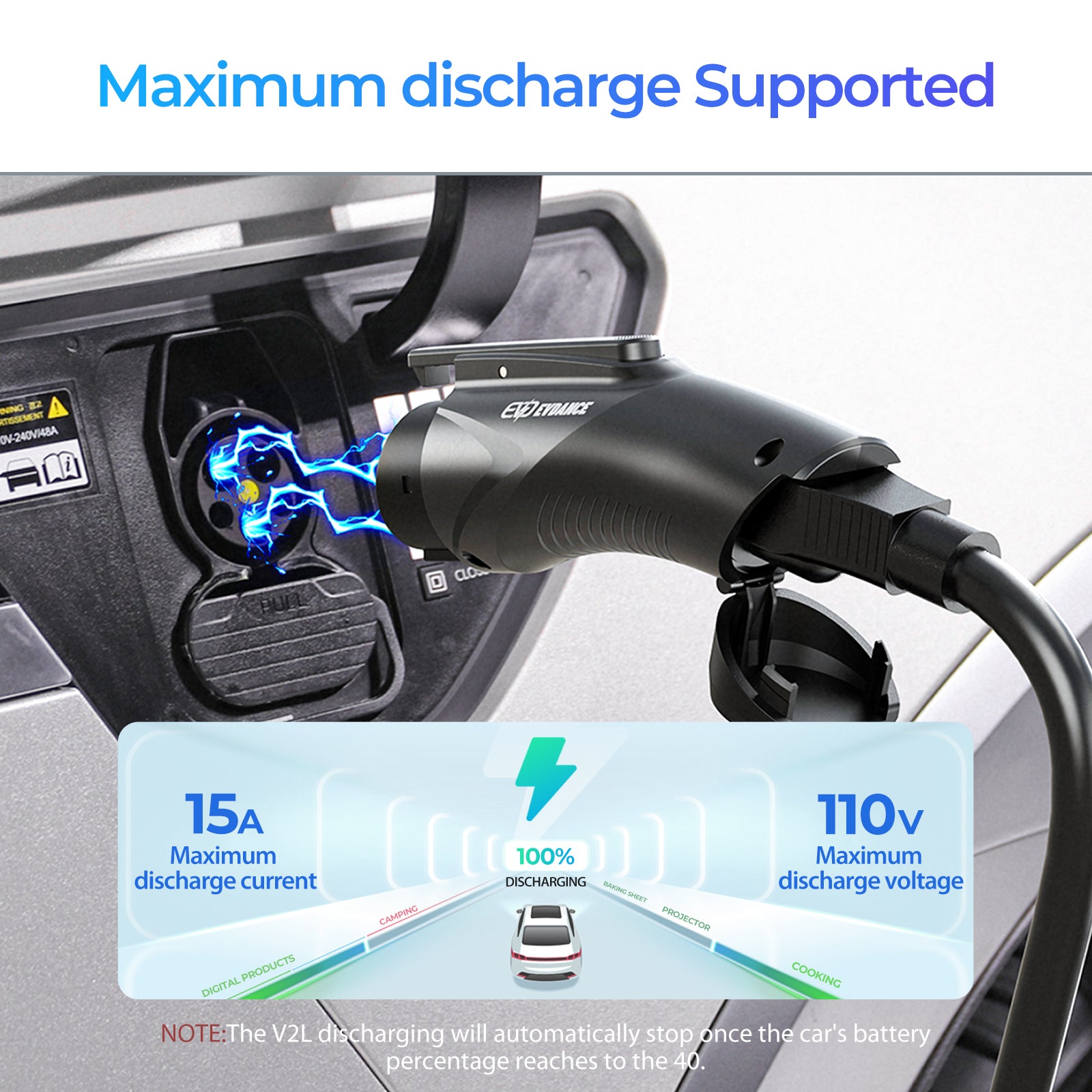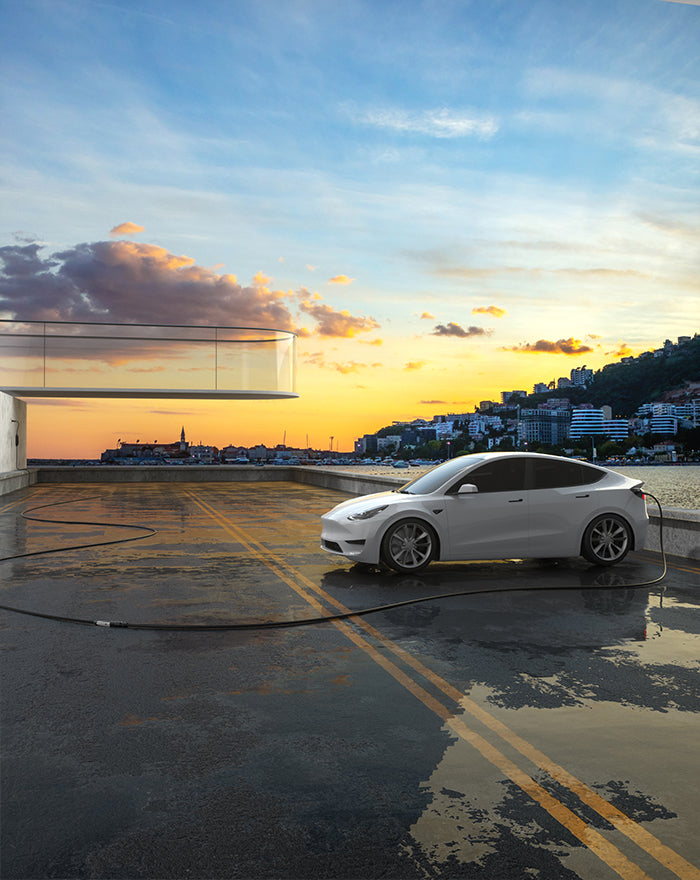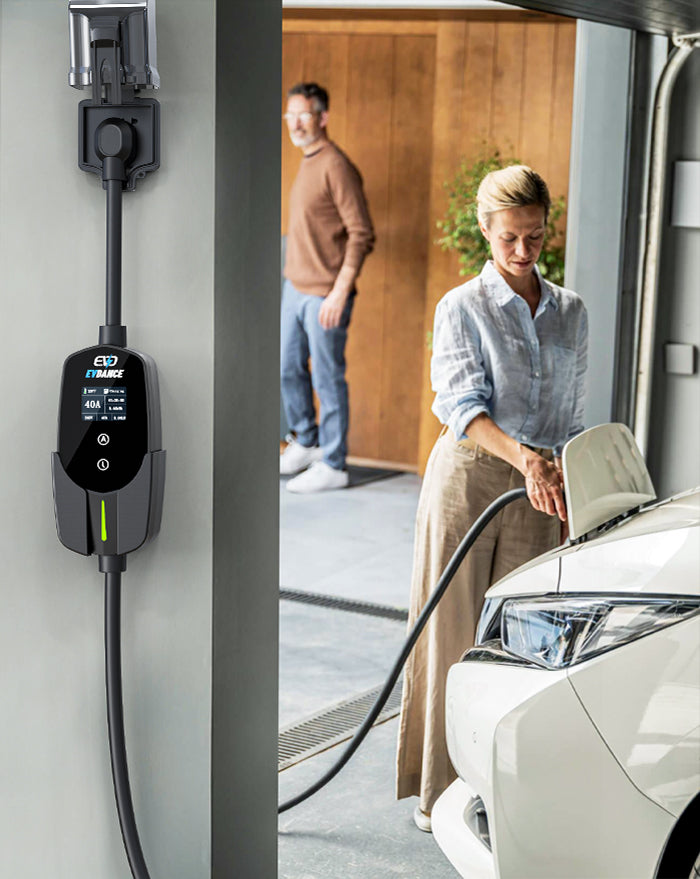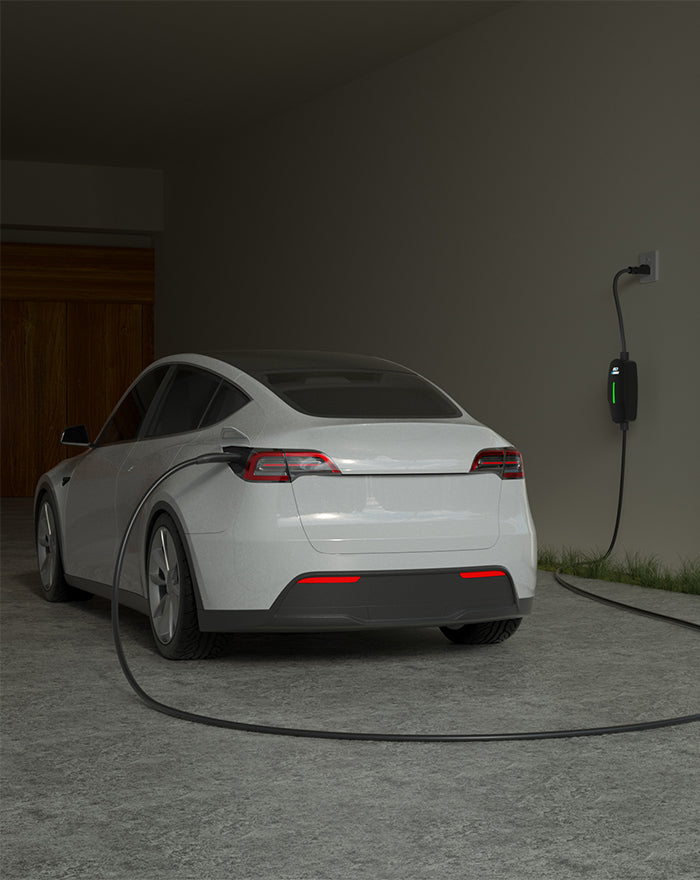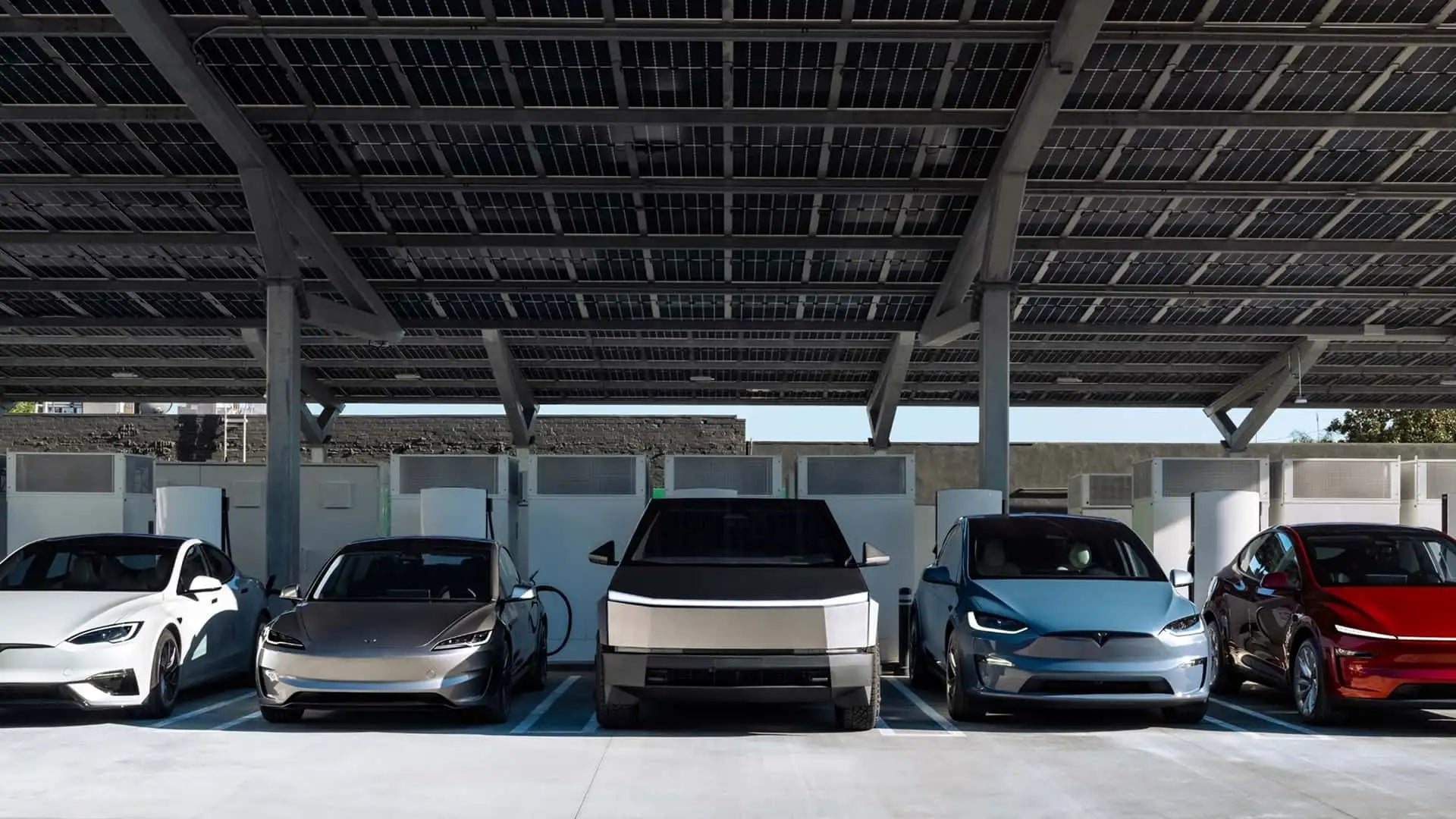AS SEEN ON
RECOMMENDED BY

Kim Java
If you go to a friend's house and their car is blocking the charger or the charger is in an awkward spot, or you're travelling just can't quite reach the charger, you can use the extra length that you need.

Robert Rosenfeld
Perfect solution for charging multiple cars without the hassle! Durable, reliable, and makes outdoor charging effortless. Exactly what I needed!

Walter Schulze
When you’re on a roadtrip going to a hotel that has an EV charger, the PlugShare says it's available and working, and when you get there it is ICEd. That's where EVDANCE Extension Cord comes into play.
EV Compatibility
Best Sellers
EVDANCE Pulse Fusion NACS DC To CCS1 Adapter
EVDANCE Tesla(NACS) to J1772 Charging Adapter with Security Lock
EVDANCE Mini Tesla(NACS) to J1772 Charging Adapter Max 80 Amp & 250V
EVDANCE CCS1 To NACS Adapter 250KW
EVDANCE SAE J1772 to Tesla Charging Adapter 80 Amp/ 240V
EVDANCE V2L Adapter for Hyundai Ioniq 5 & Ioniq 6,Kia EV6 15 Amp
EVDANCE
Charging Everywhere, Anytime
At home, on the road, or off the beaten path, our EV chargers, extension cords, and adapters ensure your electric vehicle stays powered in any situation.
Customer Support
Monday - Friday
24/7 Customer Support
1-Year Warranty
EVDANCE Covers A Period Of 12 Months From The Date Of Purchase.
Fast Free Shipping
Fast Free US & DE & CA Shipping 48 - 72 Hours
Secure Payment
On EVDANCE Your Payment Information Is Processed Securely
FAQ
What types of EV chargers are available and which one is right for me?
There are mainly three types of EV chargers: Level 1, Level 2, and DC Fast Chargers. Level 1 chargers use a standard household outlet and are best for overnight charging at home. Level 2 chargers require a 240V outlet and charge faster, making them suitable for both home and public use. DC Fast Chargers provide rapid charging and are commonly found in public charging stations.
How long does it take to charge an electric vehicle?
Charging time varies based on the charger type and the vehicle's battery capacity. Level 1 chargers can take 8-20 hours to fully charge, Level 2 chargers can take 4-8 hours, and DC Fast Chargers can charge up to 80% in 20-40 minutes.
What are the costs associated with installing an EV charger at home?
The cost of installing an EV charger at home depends on the type of charger, installation complexity, and local labor rates. Level 1 chargers generally cost less since they can use existing outlets, while Level 2 chargers may require electrical upgrades and can cost between $500 to $2,000 including installation. Incentives and rebates might be available to offset these costs.
Are there incentives or rebates for installing EV chargers?
Yes, many regions offer incentives and rebates for installing EV chargers. These can come from federal, state, or local governments, as well as utility companies. Incentives may cover part of the installation costs, provide tax credits, or offer rebates on the purchase of the charger. It's advisable to check local resources for specific programs available in your area.
What is the difference between a connector and a charger?
A connector refers to the physical plug that connects the EV to the charging station, while a charger is the entire system that delivers electricity to the EV. There are different connector types depending on the region and the charging standard, such as Type 1 (J1772) in North America, Type 2 (Mennekes) in Europe, and CHAdeMO or CCS for fast charging.
How do I apply for tax credits to offset my EV charger installation costs?
Want to learn how to claim a tax credit to offset the cost of installing an electric vehicle charger? See here. 2024 EV Tax Credit: The Best Way to Save on Your EV
Not Found Your Qustions?
Go to our QA Question Bank for more answers!
EV NEWS
Stay current with the latest breakthroughs, sales trends, policy updates, and industry shifts shaping the future of electric mobility. From EV startups to legacy automakers, this section delivers timely insights into the rapidly evolving world of electric vehicles—covering tech innovations, market performance, charging infrastructure, and more.
CATL’s Shenxing Pro Battery Promises 600,000-Mile Life and 10-Minute Charges
CATL unveiled its Shenxing Pro battery at IAA Munich, offering up to 470 miles of range, 10-minute fast charging, and durability exceeding 600,000 miles. With two tailored packs and major European investments, CATL is pushing Chinese battery tech to the forefront of the EV market.
Over 200 Pilot and Flying J Stations Now Offer EV Fast Charging
GM, EVgo, and Pilot Company have installed around 850 DC fast chargers at over 200 Pilot and Flying J stations across nearly 40 states. The new sites feature 350kW EVgo stalls with amenities like Wi-Fi, dining, lighting, and pull-through bays for trailers. With support for Plug-and-Charge, the network aims to reach 2,000 stalls at up to 500 locations, with 1,000 expected by the end of 2025.
Audi Concept C Redefines EV Sports Car Design
The Audi Concept C showcases a bold new design era with radical simplicity, sleek proportions, and no rear window. Likely previewing an EV sports car to rival Porsche’s 718 EV and Tesla’s elusive Roadster, it signals Audi’s return to design leadership with electric performance at its core.
The Hyundai Concept Three Previews the Future Ioniq 3 EV
Hyundai unveiled the Concept Three, a compact EV previewing the future Ioniq 3. Positioned between the Inster and Ioniq 5, it features pixelated lighting, eco-friendly materials, and futuristic design. Expected to share Kia EV3’s battery options, it could deliver up to 375 miles of range when it reaches production.
Ford’s 2026 F-150 Lightning STX Brings More Range at No Extra Cost
The 2026 Ford F-150 Lightning STX replaces the XLT with 290 miles of range, 536 hp, and rugged upgrades. Priced at $65,540, it delivers more value without a price increase, making it one of the most compelling trims in Ford’s electric truck lineup.
Superchargers for Sale: Tesla Opens Network to Businesses
Tesla is now selling Superchargers directly to businesses, letting them create branded charging hubs. While upfront costs are high, the real value lies in boosting customer traffic and positioning Tesla as a charging infrastructure leader.





